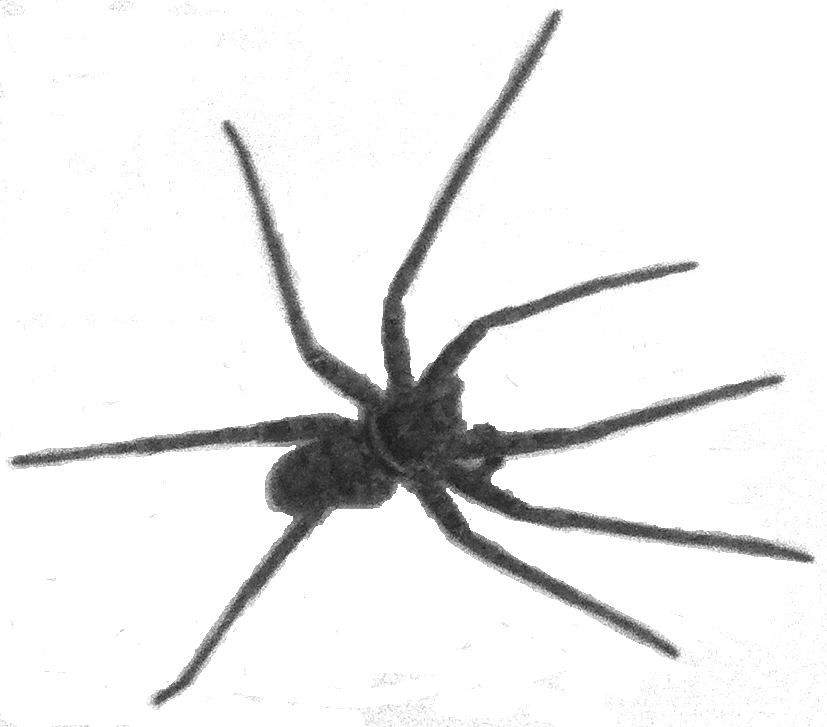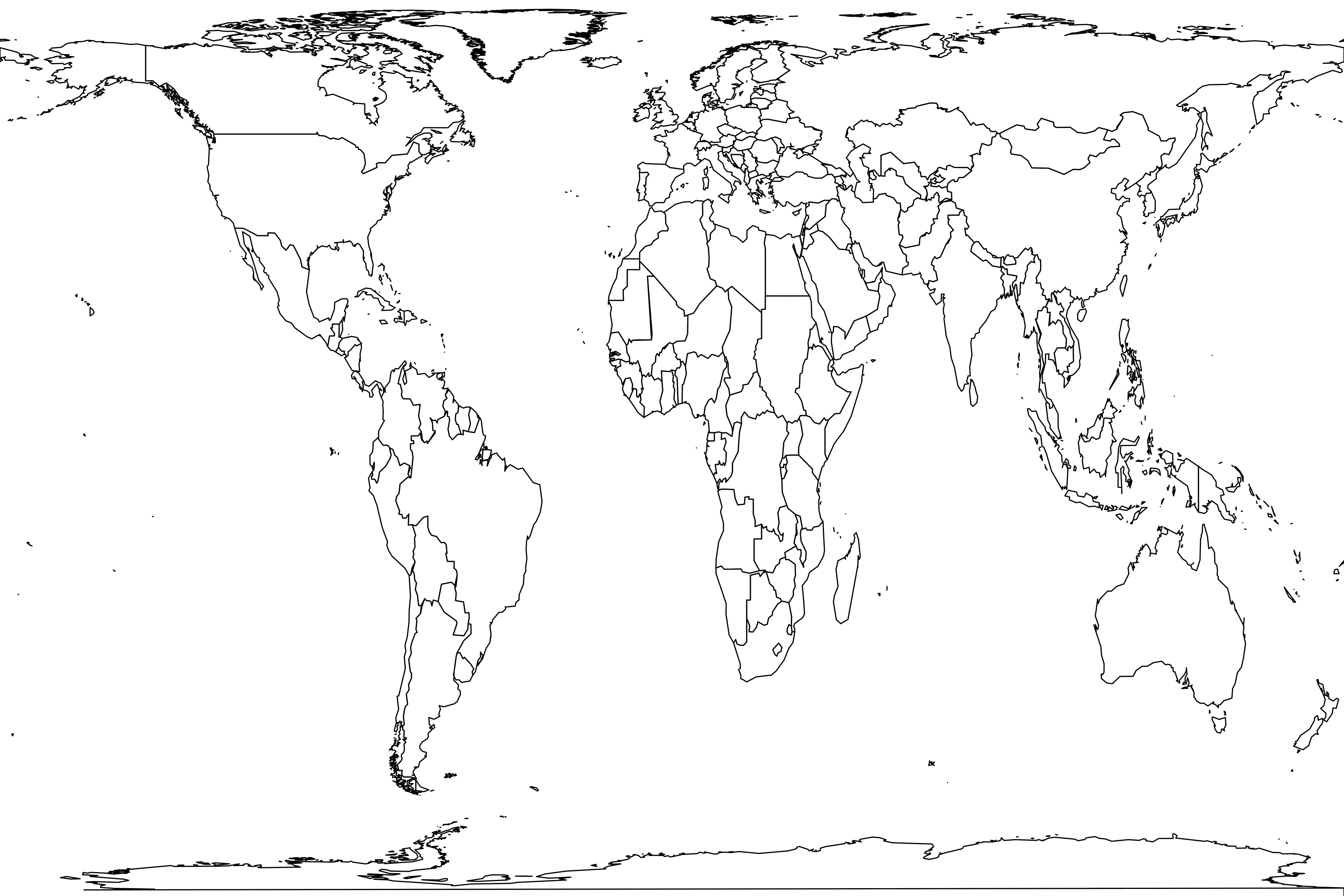Masol 6
Basic information
Sample name: Masol 6
Reference: A.-M. Moigne, A. Dambricourt Malassť, M. Singh, A. Kaur, C. Gaillard, B. Karir, S. Pal, V. Bhardwaj, S. Abdessadok, C. Chapon Sao, J. Gargani, and A. Tudryn. 2016. The faunal assemblage of the paleonto-archeological localities of the Late Pliocene Quranwala Zone, Masol Formation, Siwalik Range, NW India. Comptes Rendus Palevol 15(3-4):359-378 [ER 4409]
Geography
Country: India
State: Punajb
Coordinate: 30.83° N, 76.84° E
Coordinate basis: estimated from map
Scale: outcrop
Formation: Masol
Time interval: Late Pliocene
Section: Masol
Unit number: 2
Unit order: below to above
Geography comments: the Masol site location is easily matched from Fig. 1B to satellite photos
"from the Quaranwala zone, dated to Latest Pliocene"
belongs "to the middle sequence of the log composed of the units c3 to c6 and s5 to s6" and above Masol 1
"from the Quaranwala zone, dated to Latest Pliocene"
belongs "to the middle sequence of the log composed of the units c3 to c6 and s5 to s6" and above Masol 1
Environment
Lithology: siliciclastic (mixed)
Taphonomic context: overbank deposit
Habitat comments: the lithology of this exact locality is not stated but appears to be mixed siliciclastic
the sedimentology indicates that the fauna was "exposed to the seasonal monsoon" with "fast and powerful flooding"
across the formation, "No bones have been recorded in anatomical connection... some bones show different types of traces on their surfaces, which can be attributed to biological alterations, teeth marks and possible trampling"
the sedimentology indicates that the fauna was "exposed to the seasonal monsoon" with "fast and powerful flooding"
across the formation, "No bones have been recorded in anatomical connection... some bones show different types of traces on their surfaces, which can be attributed to biological alterations, teeth marks and possible trampling"
Methods
Life forms: carnivores,ungulates,turtles,other reptiles
Sample size: 125 specimens
Museum: Panjab University
Sampling comments: the Masol area was sampled from 2008 - 2015
collecting methods are not discussed
collecting methods are not discussed
Metadata
Sample number: 4689
Contributor: John Alroy
Enterer: John Alroy
Created: 2025-08-30 12:46:46
Modified: 2025-08-30 12:46:46
Abundance distribution
17 species
6 singletons
total count 125
geometric series index: 32.2
Fisher's α: 5.313
geometric series k: 0.8102
Hurlbert's PIE: 0.8605
Shannon's H: 2.2569
Good's u: 0.9521
Each square represents a species. Square sizes are proportional to counts.
• Find matching samples
Register
| Panthera sp. | 1 | |
| †Elephas planifrons | 1 | |
| †Stegodon insignis | 22 | |
| †Hexaprotodon sivalensis | 29 | |
| Hemibos sp. | 14 | |
| Hippotragus sp. | 4 | |
| Sivacapra sp. | 4 | |
| †Sivatherium giganteum | 10 | |
| †Dorcatherium nagrii | 1 | |
| Cervus punjabiensis = †Metacervocerus punjabiensis | 5 | |
| Propotamochoerus sp. | 1 | |
| †Sus brachygnathus | 2 | |
| †Equus sivalensis | 1 | |
| Colossochelys sp. | 21 | |
| Geoclemys sp. | 5 | |
| plus 46 "turtles" | ||
| Gavialis sp. | 1 | |
| Crocodylus sp. | 3 | |
| "Crocodylus punjabensis": this appears to be a lapsus and is certainly a nomen nudum, the correct name possibly being Crocodylus palustris | ||


